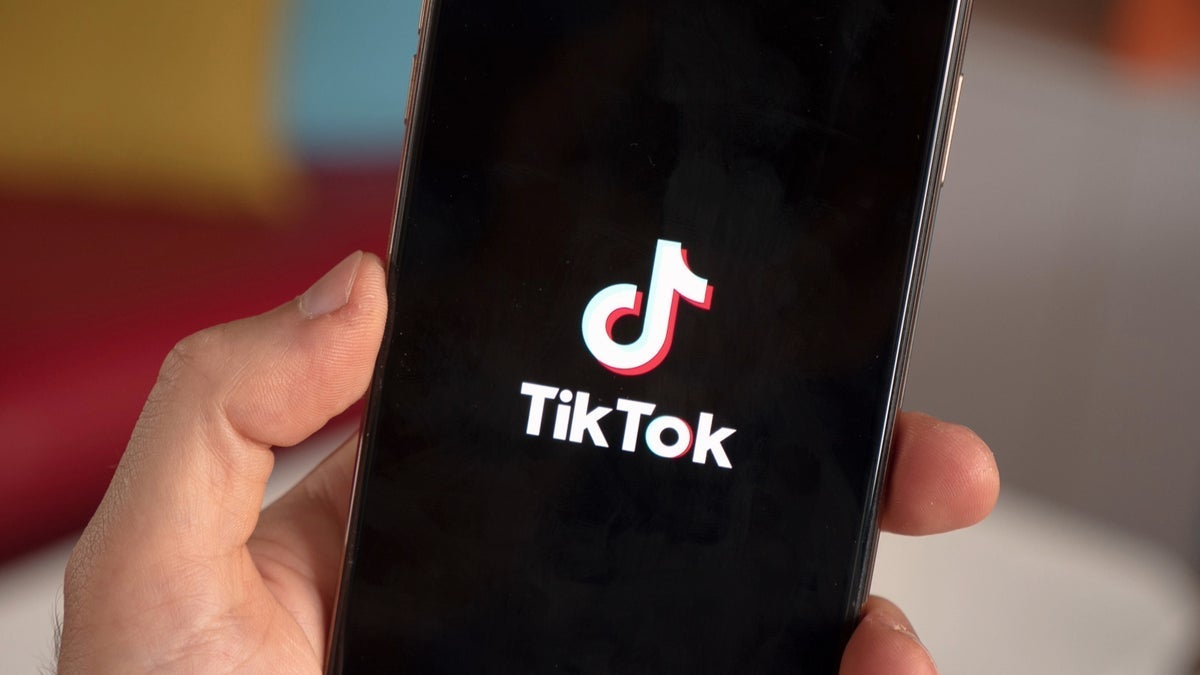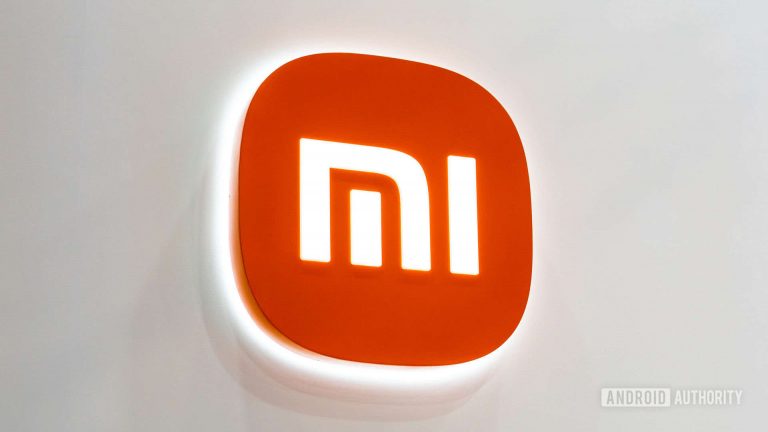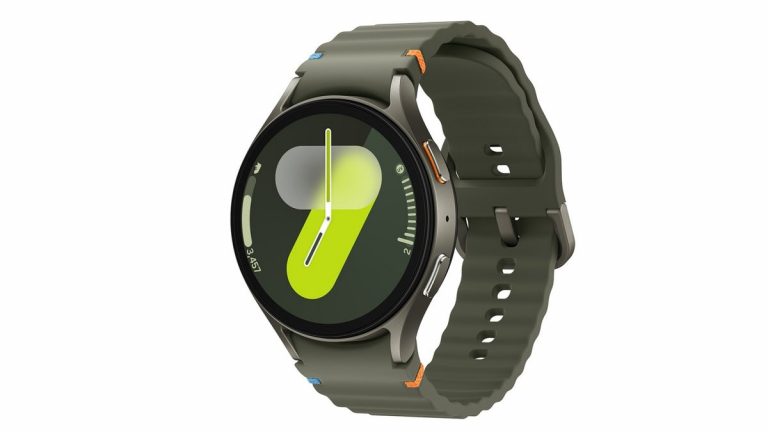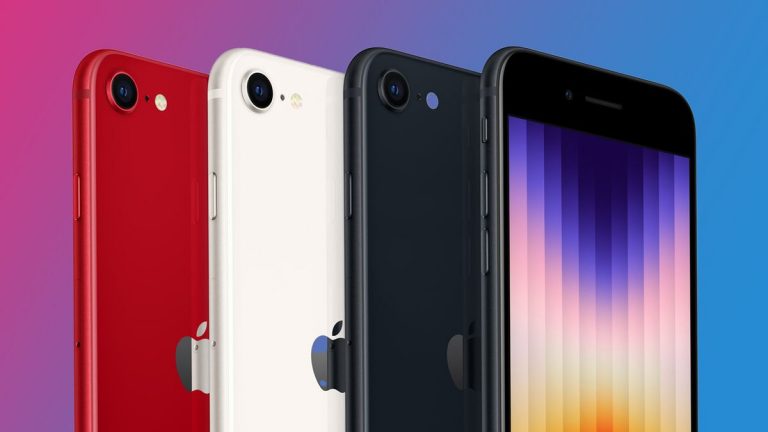TikTok claims that it’s not a spy agency, because it operates on US-based Oracle servers

Now, a Reuters report informs us, TikTok contested a federal appeals court, asserting that the US Department of Justice has inaccurately represented its connections to China. The company is seeking to overturn the law signed by Biden.
TikTok, which has filed a lawsuit to challenge the law, argued that the Justice Department has made factual errors in its claims. The department’s legal representatives had previously asserted that the app presents a national security threat by enabling the Chinese government to gather data on Americans and influence their content consumption.
TikTok clarified that its content recommendation system and user data are stored on Oracle-operated cloud servers in the US, and content moderation decisions for US users are made domestically.
Well, well, well: be it far from me to root for the ban of TikTok and this forceful divestiture as a whole, but that doesn’t seem like a particularly strong argument. However, it’s up to the court to decide if it sounds reasonable enough to let go of TikTok.
The law, signed by President Joe Biden on April 24, aims to eliminate Chinese ownership of TikTok due to national security concerns. However, the White House has indicated that its goal is to end Chinese-based ownership, not to ban the app entirely.
Arguments on the legal challenge are scheduled for September 16, placing the matter close to the November 5 presidential election. In the political arena, Republican presidential candidate Donald Trump has publicly opposed a TikTok ban, while Democratic candidate Vice President Kamala Harris has engaged with TikTok as part of her campaign strategy.
TikTok contended that the law infringes on its free-speech rights, disputing the Justice Department’s argument that the app’s content curation is considered “the speech of a foreigner” and not protected under the US Constitution. The company likened this argument to suggesting that a US newspaper republishing foreign content would lack constitutional protection.The law also prohibits major app stores like Apple and Google from offering TikTok and restricts internet hosting services from supporting the app unless it is sold by ByteDance. This legislative move followed significant concerns among US lawmakers about potential data access and espionage risks associated with the app.
Source: www.phonearena.com





